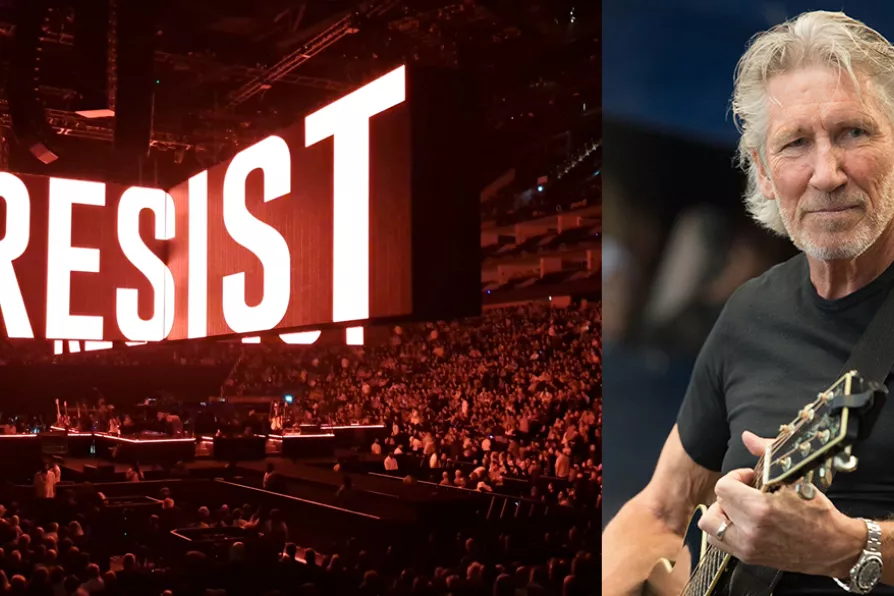The Bard stands with the Reformers of Peterloo, and their shared genius in teaching history with music and song

 [Jonathan White; 80s Sam/CC]
[Jonathan White; 80s Sam/CC]
Roger Waters,
This Is not A Drill, O2 London
A CONFESSION first of all. I liked Roger Waters before it was cool. In the hard years, when he went solo.
In those days, his increasingly political music and shows were overshadowed by the revival of his old band and their stadium-packing extravaganzas. The rest of the pop music world, meanwhile, seemed to just get on with its own thing around him.
In recent years though, Waters has re-emerged into the public view as his political commitment, partisanship and ability to communicate powerfully and effectively have simultaneously resonated with more people and galvanised powerful opposition in polarising and increasingly desperate times.
This opposition reached a frenzy over the last week with fake news and outright lies peddled on social media, a US government official accusing him of trivialising the Holocaust and craven Labour MPs straining to demonstrate their fealty to Starmer’s leadership by calling for his shows to be banned.
Waters, and some of the more scrupulous journalists in the trade, have dealt with these lies and distortions effectively themselves, so I won’t here. The fact is that the O2 shows went ahead, were packed to capacity. Both last night’s show and, I am reliably informed the previous night’s, culminated in a lengthy standing ovation.
Maybe Waters wouldn’t put it quite like this, but his show had a definite ideological content. In fact, it seemed to this viewer to embody the kind of popular front politics his parents would have been familiar with: anti-fascist, anti-imperialist, anti-war, pitting the interests of the people against the increasingly authoritarian machinery of states that work for corporations, their apparatus wielded by ever more fascistic governments.
The show defies easy genre.

SUSAN DARLINGTON swoons in the presence of a magnetic frontman

TOM STONE sings the praises of one of the oldest open-air festivals in Britain












